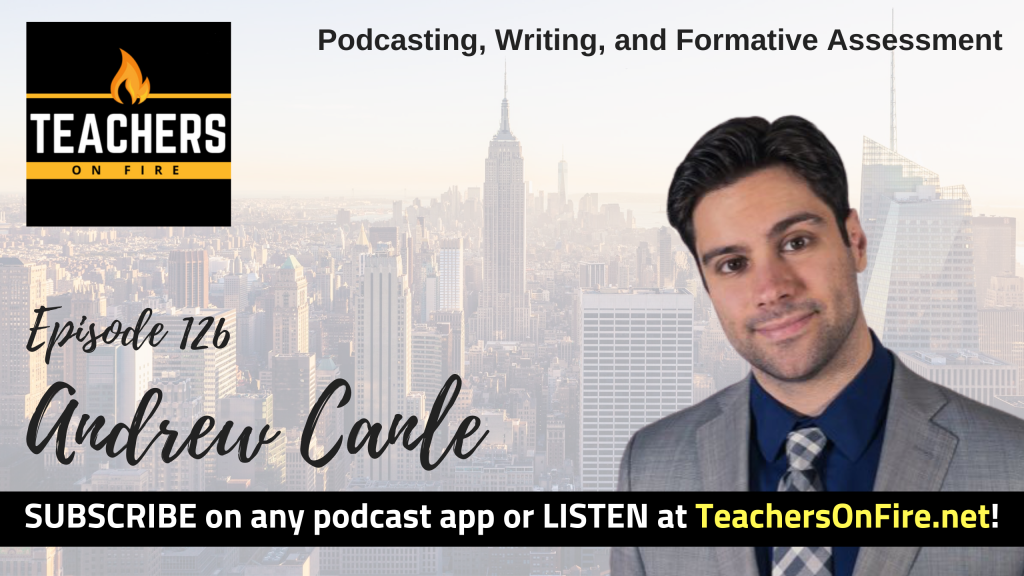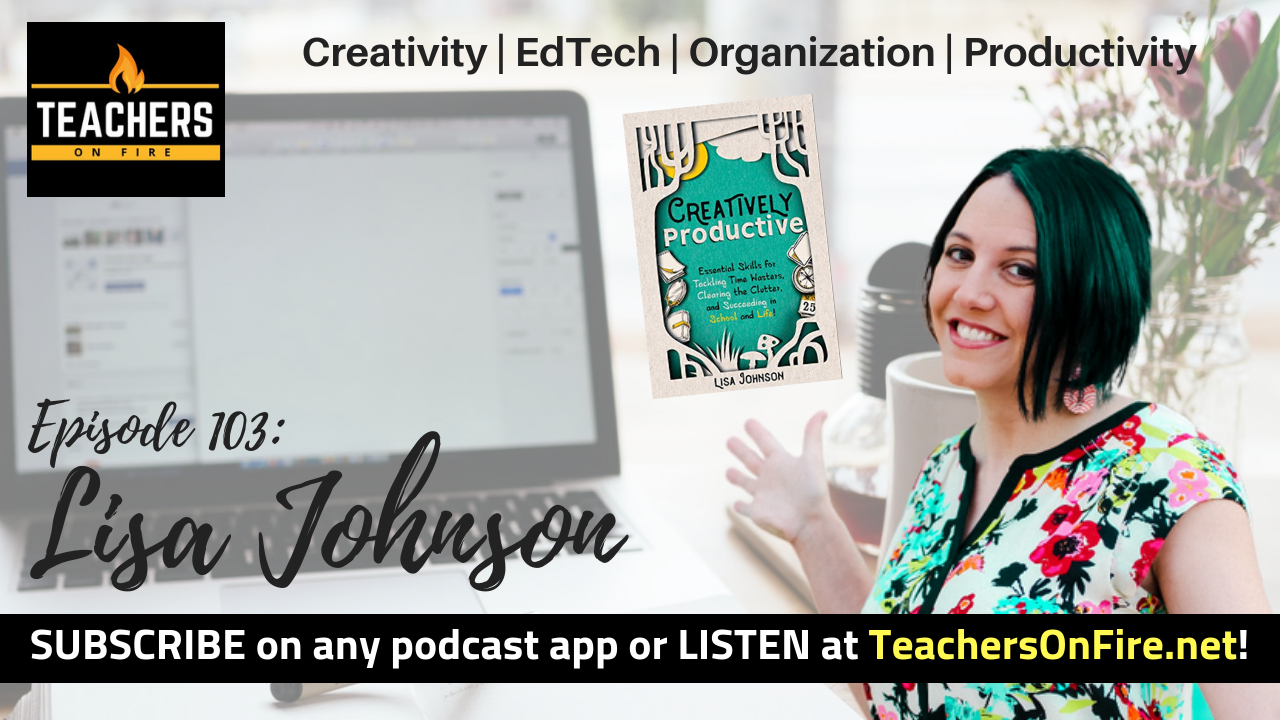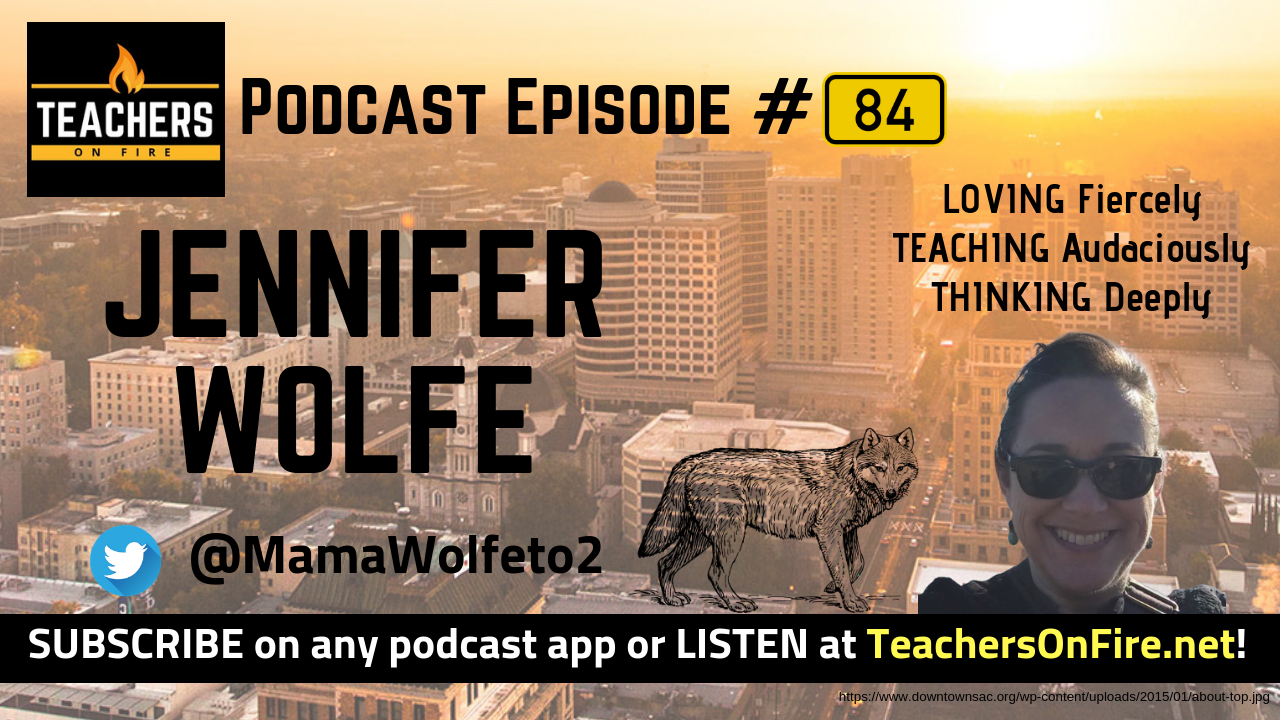
Meet Andrew Canle
ANDREW CANLE is an Assistant Principal at Shaw Avenue School, a K-6 elementary campus in Valley Stream, New York, a suburban town just outside of Queens. He’s a three-time champion coach at NBA Math Hoops, a program that engages students in math and social-emotional learning through the game of basketball. He’s also the creator of the #EDUCanle podcast.
Education or Law?
Andrew recalls a time during his second year of teaching when he seriously considered leaving the field of education entirely. “I just wasn’t happy overall,” he admits, which led him to consider moving from the classroom to a career in law.
What kept him in education, he says, was his decision to revisit his core passion: helping kids and doing the work of transforming lives. So many people made that sacrifice for him, he says, and so he redoubled his commitment to teaching. Looking back, he values this crisis of calling as a time that allowed him to find himself and redefine his true values.
The EDUCanle Podcast
Andrew credits colleagues and co-workers for the inspiration to start the EDUCanle Podcast. Part of his role at Shaw Avenue is to facilitate professional development opportunities for his staff, and at some point it occurred to him that recording these events and then repurposing the content on a podcast would be a great way to allow staff members to review content or catch up on missed learning.
Publishing in podcast form also allows him to support the learning of professionals outside of his own building and expand his professional network, something that can only benefit him and his teachers. Moving forward, Andrew plans to expand his asynchronous professional development offerings by screencasting presentations and sharing these on YouTube.
On 🔥 for Formative Assessment
Formative assessment is an area that is lighting Andrew’s fire in education right now. “It’s the crux of everything,” he points out.
Checking for understanding, strategic questioning, and determination of student progress are such critical components of what teachers do in the classroom, and so much of student learning depends on these activities done well. Lately, he’s been taking a close look at the mindsets needed to ask the most effective questions of students – questions that generate the data that informs our next instructional decisions.
A Professional Goal: Improving His Writing
At the forefront of his professional goals, Andrew is looking to become a better writer. He’s now had several articles published, including one with Edutopia, but he laughs about the silent suffering of perfectionism that remains a constant challenge. He talks about making his writing process more fluid and simply going with the flow of his ideas, steps that will make his writing more powerful and accelerate his productivity at the same time.
Personal Passions: Psychology, Sociology, and Sports
Passions that bring Andrew alive as a human being outside of his professional context include the studies of psychology and sociology. “They absolutely fascinate me,” Andrew says, and some of the learning he does in these spaces also equips him to be a more effective administrator. “You can never have enough tools in the toolbelt.”
Andrew is also a big sports fan and points to the legacies of dynasty teams like the New York Yankees and the New England Patriots as examples that our educational institutions can learn from.
Andrew’s Productivity Hack: A Little Blue Notebook
The engine that keeps Andrew on track and productive is a small blue notebook that he keeps in his inside pocket. That notebook is where he tracks to-do lists, items of concern, future tweets, and random notes. While others turn to cloud note-taking services, he likes to keep things analog.
Voices That Spark His Thinking and Ignite His Practice
Over on Twitter, Andrew recommends following @MrDataGuy, an important voice on the subject of assessment: traditional, PLC, and student ownership. His graphics are incredible and Andrew says they have supported many of his professional learning events.
One of Andrew’s favorite edtech tools is Review360, an application from Pearson that helps education leaders track student behavior patterns and support student learning based on situational trends.
When asked for a book pick, Andrew turns to Teach Like a Champion 2.0: 62 Techniques that Put Students on the Path to College by Doug Lemov. Follow Doug on Twitter @Doug_Lemov.
Andrew’s YouTube pick is a channel called Vsauce, which answers all kinds of interesting scientific and philosophical questions about the world around us. Follow the creator on Twitter @TweetSauce.
And when he’s got the time to relax or just needs a good laugh, Andrew is turning to comedian James Acaster on Netflix.
We sign off on this fun conversation, and Andrew gives us the best ways to contact and follow him online. See below for details!
Follow Andrew
- On Twitter @AJCanle
- On his podcast at https://anchor.fm/EDUCanle
Connect with the Teachers on Fire podcast on social media
- On Twitter @TeachersOnFire
- On Instagram @TeachersOnFire
- On Facebook @TeachersOnFire
- On LinkedIn: Tim W. Cavey
- On The Teachers on Fire Magazine
- On YouTube: Teachers On Fire
Subscribe to the Teachers on Fire podcast
- On Apple Podcasts
- On Google Podcasts
- On Anchor
- On Spotify
Song Track Credits
- Bluntedsesh4 (by Tha Silent Partner, courtesy of FreeMusicArchive.org)
- Sunrise Drive by South London Hifi*
- Anthem by The Grand Affair*
*courtesy of the YouTube Audio Library
Listen to Teachers on Fire on YouTube
*This page contains Amazon affiliate links.







